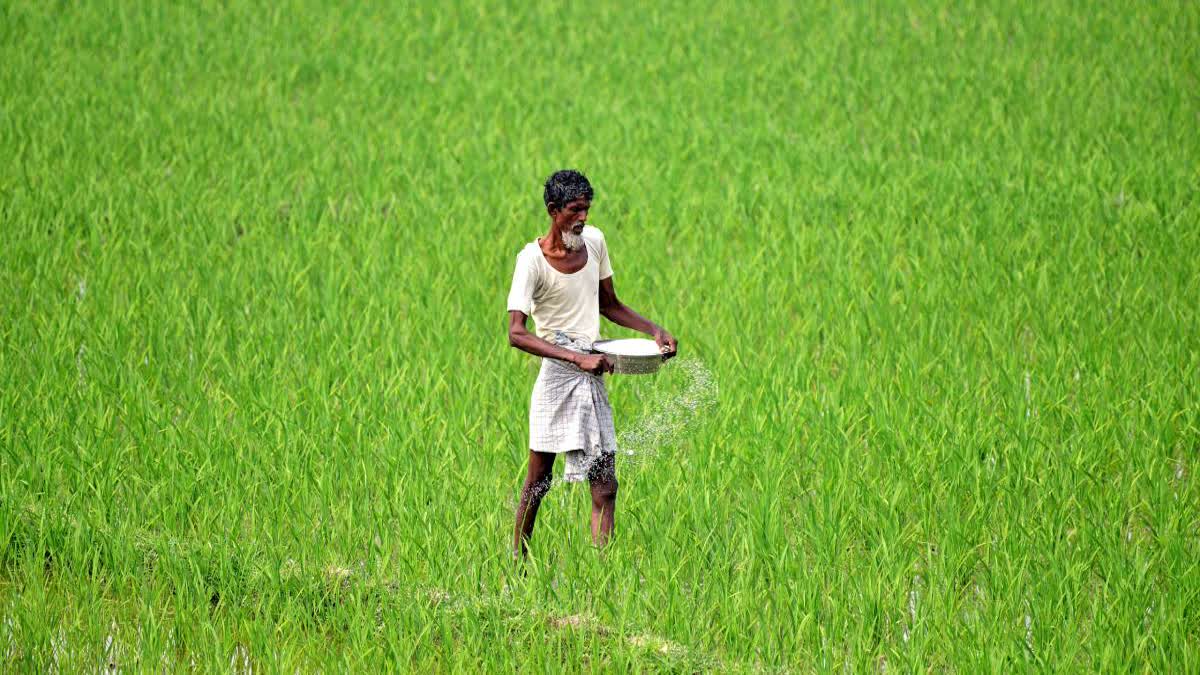Cuttack: The severe cyclonic storm Dana is likely to cause extensive damage to standing crops in the littoral districts of Odisha. At least eight districts—Ganjam, Puri, Jagatsinghpur, Jajpur, Kendrapara, Bhadrak, Balasore and Mayurbhanj will receive heavy to very heavy rainfall.
Given this, the National Rice Research Institute (NRRI) of the Indian Council of Agricultural Research (ICAR) has come out with a contingent agro-advisory in which scientists have urged the farmers to take precautionary measures to minimise crop loss.
Speaking to ETV Bharat, NRRI Director Dr A K Nayak said farmers should not panic over the situation and follow the advisory sincerely.
The paddy cultivators have been advised to keep the drainage channels open for immature rice crops to release the excess water from the fields. "Harvested rice should be properly staked at safer places and covered with tarpaulin to avoid further damage due to prolonged rainfall”, the advisory said.
Scientists suggested that after the cessation of rainfall, farmers should immediately dry the grain under the sun for one-to-two days to bring down the moisture content significantly and then store it in good quality bags to retain the quality, texture, colour, aroma and taste of the grain for a longer period.
“In case of infestation of the stored grains, fumigation is required by using Aluminium Phosphide tablets in fairly air-tight containers covering the grain bags with thick tarpaulin without any gap or leakages for at least seven to ten days for better result”, the advisory said.
Preventive measures must be taken for swarming caterpillars and brown plant hoppers for the crops planted late. For standing crops, which are likely to be harvested next month, steps must be taken to drain out the excess water from the fields immediately, the advisory said, adding that the farmers should regularly visit their fields to ascertain the status and take need-based pest management measures accordingly.
Also Read:



